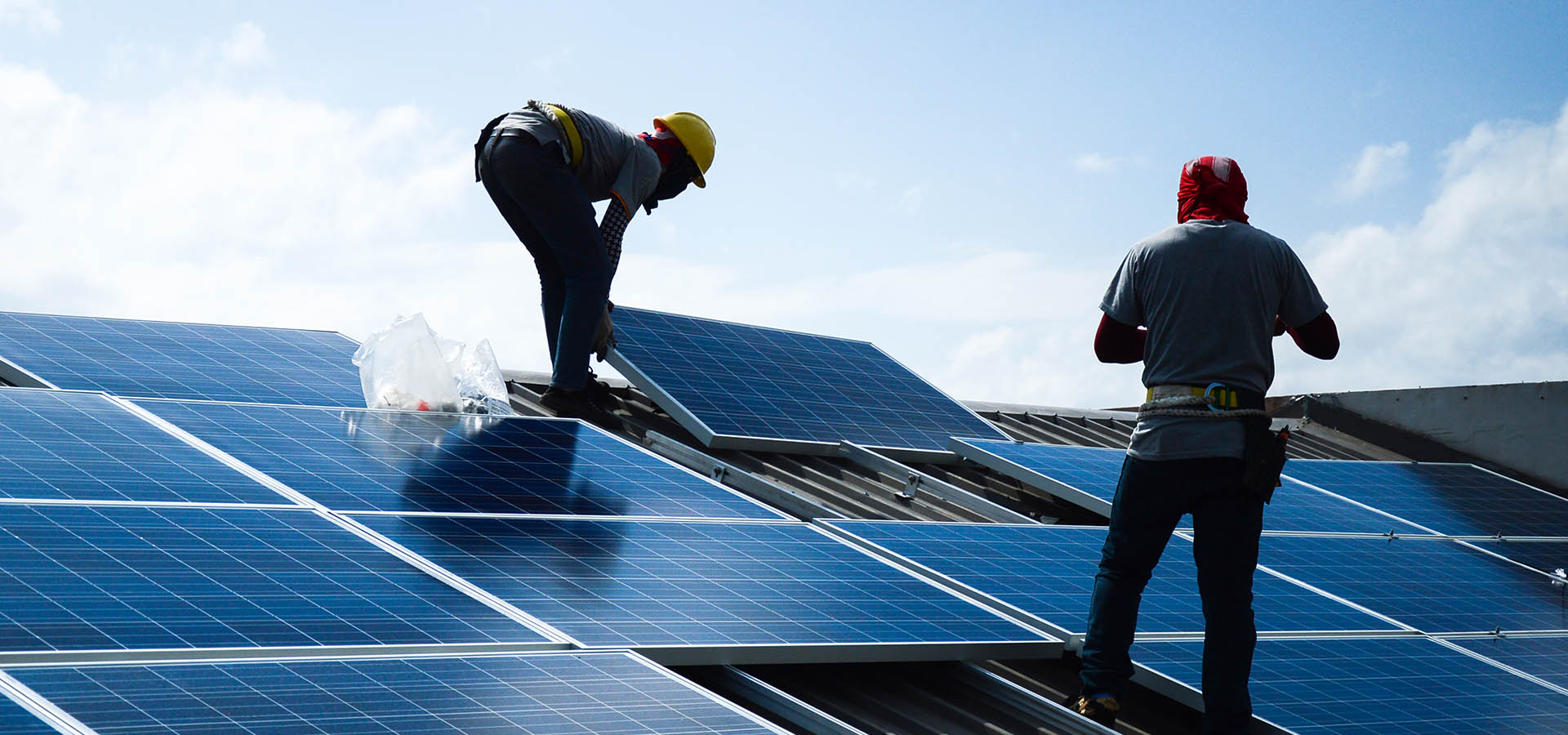- Home
- Course Finder
- Training Categories
-
- Governance and Compliance
- Management & Leadership
- Finance & Accounting
- Agility Learning
- Project Management
- Purchasing & Supply Chain Management
- Manufacturing & Production Management
- Transportation & Traffic
- Imports & Exports
- Insurance & Retirement
- Ports & Shipping
- International Trade & Customs
- Facilities & Asset Management
- Contracts Management
- Maintenance & Engineering
- Oil and Gas Training
- Energy Training
- Health & Safety
- Blockchain & Financial Technologies
- Construction Management
-
- In-House Training
- Venues
-
- Rabat - Morocco
- Al Ain - UAE
- Amsterdam - The Netherlands
- Barcelona - Spain
- Cairo - Egypt
- Dubai - UAE
- Geneva - Switzerland
- Houston - USA
- Istanbul - Turkey
- Jeddah - Saudi Arabia
- Kigali - Rwanda
- Kuala Lumpur - Malaysia
- Lisbon - Portugal
- London - UK
- Luanda - Angola
- Madrid - Spain
- Milan - Italy
- Munich - Germany
- Muscat - Oman
- Nairobi - Kenya
- New York - USA
- Paris - France
- Riyadh - KSA
- Rome - Italy
- Singapore -
- Tokyo - Japan
- Vienna - Austria
- Zurich - Switzerland
- Krakow - Poland
- Moscow - Russia
-
- Certificates
- About Us
A highly interactive training course on
Impact of Renewable Energy Sources
Training course overview
Conventional coal, gas, and oil-based energy sources are very helpful to boost a country's economy. On the other hand, some harmful environmental effects have forced us to use these resources to a certain degree and diverted our attention to renewable energy resources. The social, economic, and environmental issues can be omitted by using Renewable energy sources because these resources are considered environmentally friendly, have little or no exhaust emissions and toxic gases such as carbon dioxide, sulfur dioxide, etc.
In the near future, renewable energy would be a vital source of power generation since we can use these tools to generate valuable energy again and again. Public jobs, better health, work growth, work formation, consumer choice, improved standard of living, social bonds, income development, demographic impacts, the establishment of social bonds and community development can be achieved through the proper use of the renewable energy system. Along with the advantages of renewable energy options, these are difficult to build and are sensitive to local climate and conditions. Compared with other projects, their modeling, execution, and preparation need further thought and expertise. This Impact of Renewable Energy Sources trainng course will feature the Operational Performance of Electric Power Systems.
This Coventry Academy training course will highlight:
- Renewable Energy Resources
- Various impact of Renewable Energy Sources
- Barriers to Alternative Energy Technologies
- Designing and planning Renewable Energy bossiness
- Policy and Regulation analysis for Renewable Energy
What are the goals?
By the end of this training course, the participants will learn to:
- Understand the main features of the renewable energy source
- Determine the impact of renewable energy source
- Understand the barriers of Sustainable Energy Technologies
- Develop business model, regulation, and policy for the renewable energy source
- Carry out practical assessment studies
Who is this training course for?
This Coventry Academy training course is for every level of managers in organizations of any size or sector who need an understanding of the renewable energy sources technologies issues. The training course provides managers, engineers, and team leaders with the knowledge and skills to manage renewable energy-related business planning & operating and the impact on the grid.
The training course is suitable for a wide range of professionals but will greatly benefit:
- Professionals of Renewable Energy Source
- Professionals of Regulation Authorities
- Professionals of Companies involved in Projects Concerning Renewable Energy Installations
- Power System Consultants
How will this training course be presented?
This Coventry Academy training course will employ a range of validated adult learning strategies to ensure optimal interpretation, interpretation, and retention of the presented content. They primarily involve suitable PowerPoint slides that have been designed efficiently to include all the details required for the full knowledge of the respective theoretical and practical subjects.
Reasonable examples are also provided to get a better understanding of the key points of each subject. A collection of notes will be available, including all the presentation slides and an expanded list of references. The participants should perform a mini-project.
Course Outline
Day One: Introduction of Renewable Energy Sources
- Introduction
- Why Renewable Energy?
- What are “Sustainable Energy Resources”?
- What are the Renewable Energy Applications?
- Important Characteristics of Renewable Technologies
- Barriers to Alternative Energy Technologies
Day Two: Social Impact of Renewable Energy Sources
- Social Impacts Comparing to other Technologies
- Health Impacts
- Impacts on Education
- Impacts on Rural Development
- Cultural Impact
- Renewable Technologies Impact on Society
Day Three: Environmental Impact of Renewable Energy Sources
- Life Cycle Uses of Energy
- Greenhouse Gas Emissions
- Local and Regional Air Pollution
- Land and Water Use
- Wind, Solar, Geothermal, Hydroelectric, and Biomass: Provides Impact
Day Four: Economical Impact of Renewable Energy Sources
- Costs of Renewable Energy
- Clean-Energy Investments
- Direct Benefit from Saving the Conventional Fuel Costs
- External Benefit from Saving A Deployable Resource
- Renewable Energy Leads to Local Jobs
- Expanding Unsubsidized Private-Sector
Day Five: Planning, Discussion, and Summary
- Overview of using Renewable Energy Worldwide
- Technical Limitations
- Policies for the Renewable Energy Transition
- Planning and Strategies
- Regulation for Renewable Energy
- Summarize and Conclusion
The certificate
- Coventry Academy Certificate of Completion for delegates who attend and complete the training course


